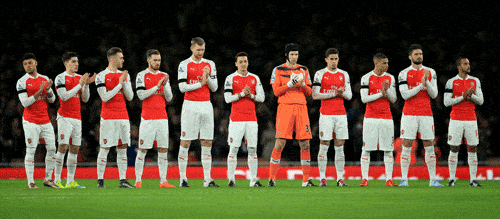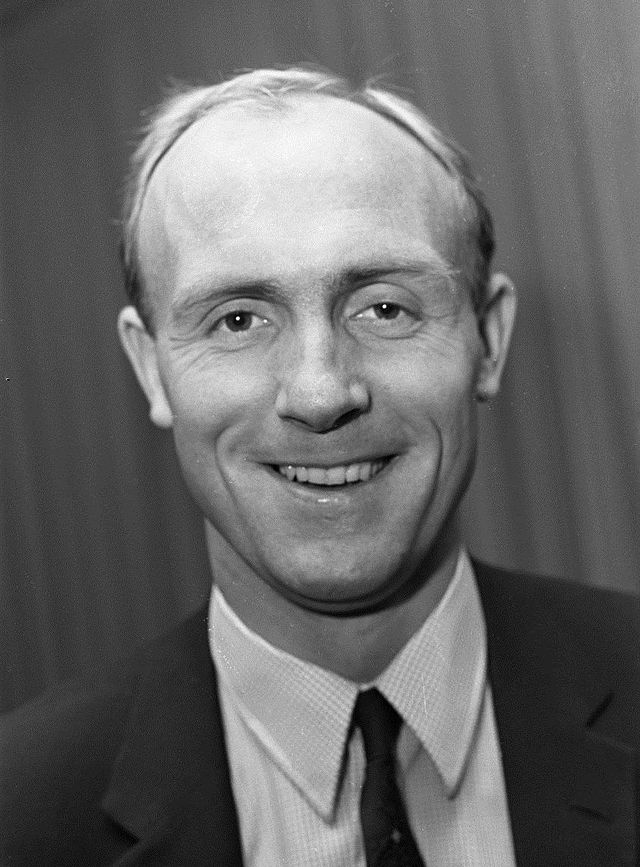There’s a mistaken belief these days, when the internet and social media have created a world of the instant, the now, the rush to comment and to post, that the past can be left just there – in the past. Immediacy seems to be the world’s most valuable currency where wisdom, a commodity born only of experience, of study, of learning, is somehow disregarded.
Don Howe 1935-2015
 By Dave Bowler
By Dave Bowler
Yet it is the past on which we perpetually build, on the shoulders of the giants of a bygone age that we stand. Without the pioneers of the past, there would be no stars of the present, just as those of today are accumulating the ideas, the truths, the successes and the failures that will inform and infuse those players yet to come, perhaps even yet to be born.
Football, the very game itself, like every face of human endeavour is nothing more than a river. Sometimes dried to a trickle, sometimes raging in full spate, sometimes churning, sometimes serene, the only thing that we can predict is that it keeps on moving, year after year, but always in the path of the water before it, the water that has shaped the landscape around it, meanders, spurs, valleys.

Shaping that landscape across the game of football in England and across the world, was Don Howe, whose passing before Christmas saw us lose another mighty link in the chain that connects us to the shared memory of our game’s development just that little bit further away.
For there isn’t any question that Howe is one of the true giants of the game, a coaching visionary who bestrides the English game, something which dates back to his days as a player when he arrived at West Bromwich Albion with perfect timing, to come under the leadership, albeit briefly, of Jesse Carver, manager from April 1952 until Christmas that year.
Carver had spent time abroad, notably in Italy with Juventus among others, learning a different conception of the game. He was that newest of breeds, the tracksuit manager, getting his players out there on the training field, educating them technically and tactically.
West Brom
Howe arrived at the Albion as a youngster of 15 in December 1950, turning professional in November 1952, but able to take in some of Carver’s methods before Vic Buckingham, a similarly professorial manager, schooled by Arthur Rowe in Tottenham’s push and run methods, replaced him.
What a player Howe became. That he wasn’t simply a technically gifted player was quickly apparent. Here was a thinking footballer, one who could see the game in a different light to what had gone before, that would not be hidebound by convention but would, like all true visionaries, go his own way, do his own thing and prove, simply by trusting in his talent, that his way was the right way.
Howe has an unimpeachable hold on the title of the club’s greatest ever right-back. More than that, he is one of England’s greatest ever in that role for, in tandem with his contemporary, Jimmy Armfield, he simply reinvented the position.
From a world where the full-back was not allowed to venture beyond halfway, Howe blew those constraints wide open. As good a reader of the game as we’ve seen, with a supernatural sense of how to be in the right place at the right time, he was soundness itself at the back.
England
By 1958 he was an England regular and he and club colleague Bobby Robson were off to the World Cup, spending a lengthy period in close confinement with England boss Walter Winterbottom, the doyen of coaching this country.
Winterbottom was a visionary who was the prime mover behind the revolution that was to take place at Lilleshall, building a future in which the insular English attitude was to be perennially challenged by an openness to ideas from beyond these shores, where ideas would be constantly picked apart and tested to breaking point. There were built the foundations of the modern game.
And how desperately did English football need to advance for, while there was misfortune aplenty, England simply weren’t good enough in Sweden and went out at the group stage, behind Brazil and then losing a play-off to the USSR. Howe played all four of the games and retained his place in the side through to November 1958, a run of 23 consecutive appearances.
He was replaced, in April 1960, by Jimmy Armfield and never played for his country again as the Blackpool man played 37 of the next 38 until the emergence of George Cohen – a very different world indeed. While Howe would have been bitterly disappointed to lose his England place, the educator within him would have approved of Armfield’s elevation, for he took Howe’s game and shifted it incrementally further on, moving the English game that little bit further forward.
Injury
A handful of years later, he moved to Arsenal and, again, the fates were conspiring to change footballing history. Before long, injury had finished his career at a club which was, quite frankly, some way from the heights to which they were used. But that proved a blessing for he was swiftly onto the coaching staff at Highbury and, in tandem with the avuncular figure of manager Bertie Mee, he was swiftly transforming the Gunners’ fortunes, the two achieving something that had eluded even the great Herbert Chapman – the league and cup double of 1970/71.
In some ways that was the perfect structure to get the very best from Howe, and one which was copied in some respects when he teamed up with his old Albion colleague Bobby Robson with England. Howe was a towering footballing intellect, perhaps the greatest of his generation. But getting the best from footballers isn’t purely about instruction, it’s about personal relationships too, about motivation, about before ending them, knowing when to use the stick and the carrot.
Like so many who might reasonably described as a genius in his field, Howe was a great thinker and a great teacher but he sometimes found it hard to understand why it was that the game didn’t come as simply to others as it did to him. Nor could he quite grasp that some players were not tuned into football in the same 24/7/365 way as he was. As a manager, he rarely succeeded. As a coach, alongsaide the likes of Robson, Mee, Venables and Gould, he seldom failed.
A man of principle, honesty and integrity. A visionary coach, sometimes a prophet in the wilderness and a footballer of breathless magnificence. It was a life well lived.